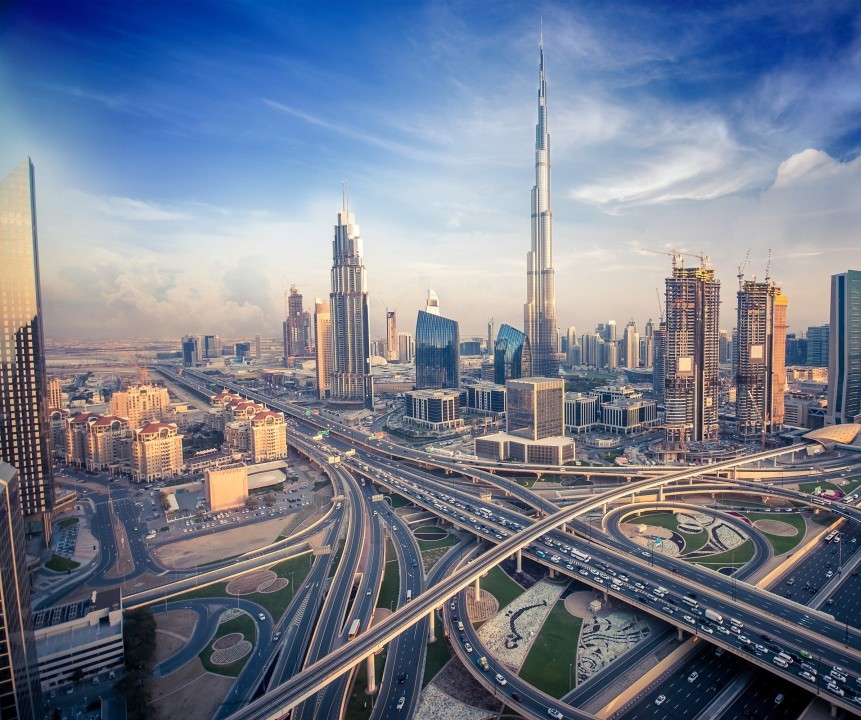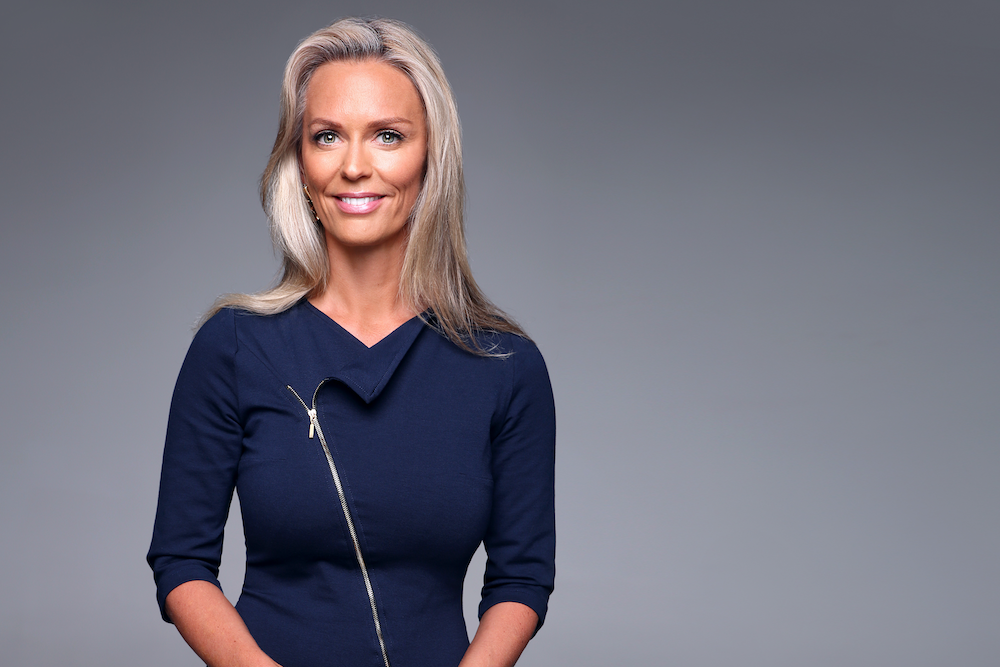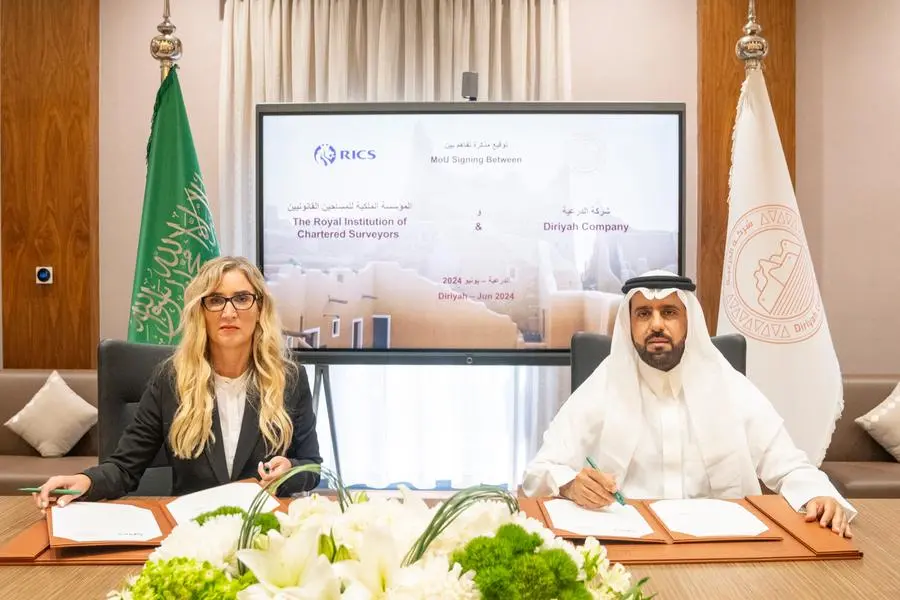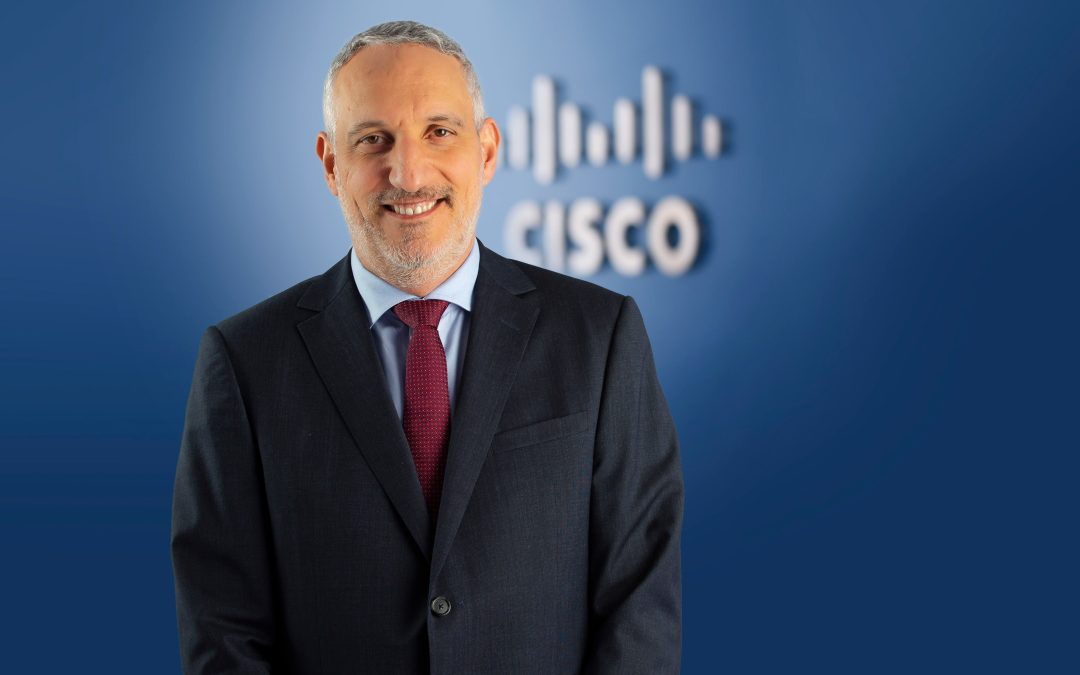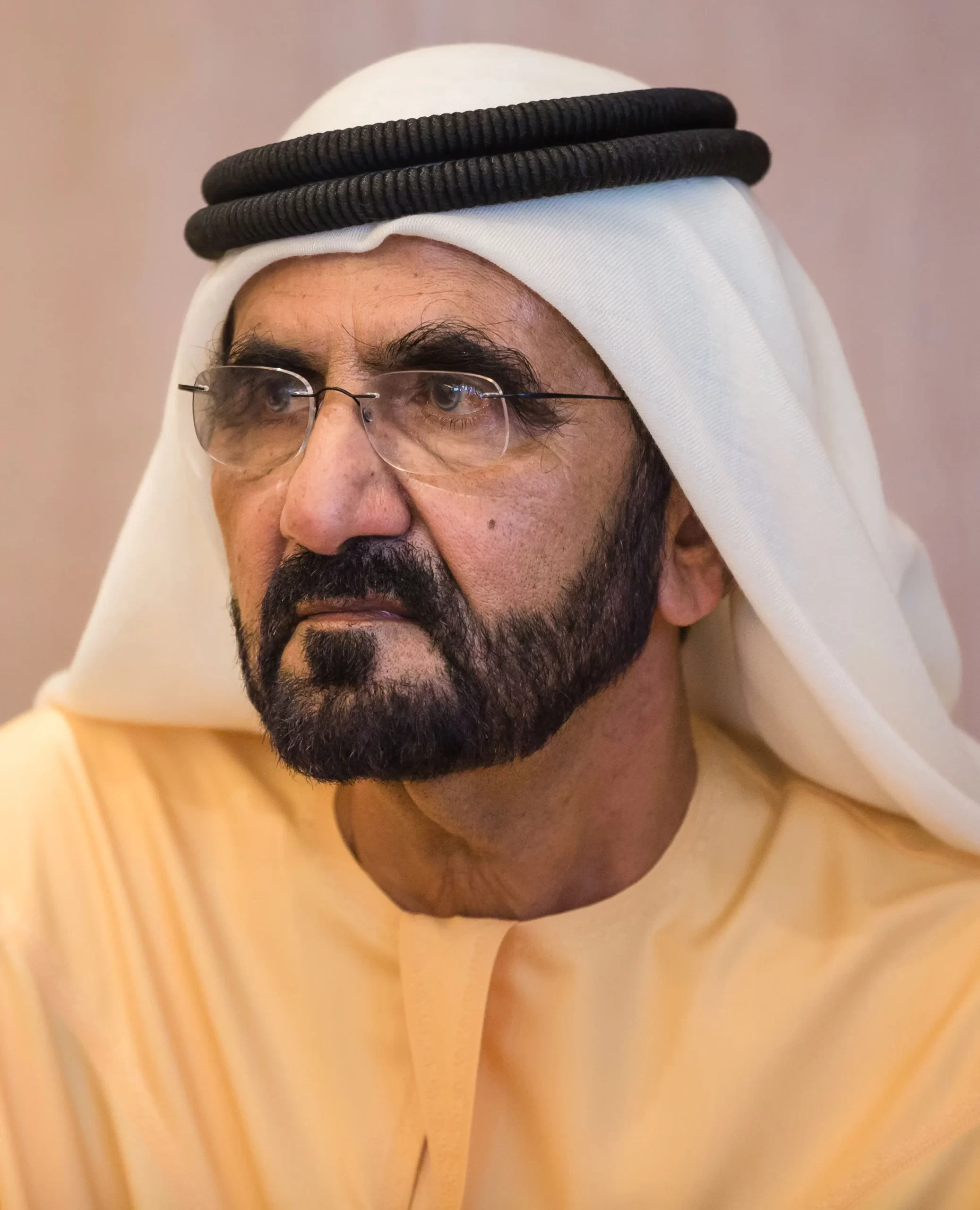UAE cements role as premier global destination through February 2024 event agenda
The UAE is set to become the top destination for international events and activities in February 2024 with a series of conferences, exhibitions, and major events planned that underscore its influential role in shaping the future of various vital sectors both regionally and internationally.
The UAE is globally renowned as a hub for hosting and organizing specialist exhibitions and conferences, evident throughout February 2024 as the country hosts a series of economic, health, scientific, and sports events with broad international participation.
World Government Summit
Dubai will host the 11th edition of the World Government Summit (WGS) from 12th to 14th February, under the theme “Shaping Future Governments”. The event will witness the participation of heads of state and governments, more than 80 international and regional organizations, 120 governmental delegations, and a selection of global thought leaders and experts, with more than 4,000 participants.
The summit’s agenda includes six main themes and 15 global forums addressing major international trends and transformations in over 110 principal dialogic and interactive sessions.
The summit will feature 200 global personalities, including heads of state, ministers, experts, thinkers, and planners, attending more than 23 ministerial meetings. There will also be executive sessions with more than 300 ministers attending.
World Trade Organization’s 13th Ministerial Conference
Abu Dhabi will host the World Trade Organization’s (WTO) 13th Ministerial Conference (MC13) from 26th February to 1st March, with prominent ministers and representatives from 164 countries and customs unions who are members of the WTO.
International Dialogue of Civilizations and Tolerance Conference
The Emirates Centre for Strategic Studies and Research (ECSSR), in collaboration with the Ministry of Tolerance and Coexistence and the United Nations Alliance of Civilizations (UNAOC), will organize the International Dialogue of Civilizations and Tolerance Conference on 20th and 21st February.
World Islamic Economic Forum
Abu Dhabi will host the 14th edition of the World Islamic Economic Forum from 6th to 8th February. It will focus on laying the foundations for a sustainable future by discussing key challenges, the latest strategies, and innovative solutions to stimulate and lead economic and social development.
The Forum provides a global platform for discussing the latest economic developments and trends while reinforcing the values of peace, justice, and equality. It contributes to fostering dialogue and exchanging ideas and knowledge among government officials, academics, and business leaders worldwide, who discuss the best ways to shape the future of the global economy.
Investopia
Abu Dhabi will witness the third edition of the “Investopia” summit on 28th and 29th February, under the theme “Emerging Economic Frontiers: Investing in Fast-Growing Sectors in the New Economy”.
FIFA Beach Soccer World Cup
Moving to the world of sports, February will also see the FIFA Beach Soccer World Cup UAE 2024 Dubai. Known as FIFA’s most goal-heavy competition, the event will feature 16 of the globe’s top teams – including former champions Brazil and Portugal – bringing their magic to Dubai from the 15th to the 25th of February.
Gulfood 2024
Dubai will host the 29th edition of Gulfood 2024 from 19th to 23rd February, the world’s largest event for sourcing food and beverages. This event gathers top stakeholders in the food and beverage industry from across the globe to shape the future of this rapidly evolving sector.
The exhibition brings together a select group of influencers in the food industry worldwide to conduct panel discussions and workshops addressing industry challenges. Major food brands will participate alongside the governments of various countries.
Dubai Association Centre Conference
The fourth edition of the Dubai Association Centre Conference will take place on 27th and 28th February, at the Dubai World Trade Centre.
Themed “Value amplified: Associations empowering change”, the event attracts officials, experts, and CEOs from various sectors and fields worldwide. It serves as an ideal platform for participants to exchange views, reflecting the leading and vital role played by entities and associations in serving the needs and aspirations of their members.
Step Conference
Dubai will host the 12th edition of the “Step Conference”, specializing in technology on 21st and 22nd February.
The event will feature 500 start-ups participating in more than 500 meetings and panel discussions, along with over 150 specialist companies in venture capital, providing financing sources estimated at US$8.2 billion.
The two-day event will see the participation of 8,000 attendees worldwide, contributing to Dubai’s stature in the global technology sector.
Arab Women Sports Tournament
The Emirate of Sharjah is preparing to host the seventh edition of the most significant Arab event in women’s sports, the Arab Women Sports Tournament, organized by the Sharjah Women’s Sports Foundation from 2nd to 12th February.
This edition will feature eight sports competitions among teams and clubs from Arab countries, including volleyball, table tennis, basketball, shooting, archery, fencing, athletics, and karate.
Sharjah Entrepreneurship Festival 2024
The Sharjah Entrepreneurship Centre (Sheraa) will organize the seventh edition of the Sharjah Entrepreneurship Festival on 3rd and 4th February at Sharjah Research, Technology and Innovation Park (SRTIP)
The festival will feature more than 100 speakers and leaders in entrepreneurship and business from 15 countries who have provided pioneering solutions in various economic sectors to share their success stories and ways to overcome challenges, providing comprehensive information and inspiring insights for success in entrepreneurship.
Ras Al Khaimah Fine Arts Festival
The Ras Al Khaimah Fine Arts Festival 2024 will kick off its events program at the Al Jazeera Al Hamra Heritage Village on Friday, 2nd February. This year’s festival program will focus on the theme “Movement” providing an immersive cultural experience that combines heritage and modernity through organized performances by over a hundred artists, as well as a variety of inspiring educational experiences, public discussions, and live shows.
Arab Aviation Summit
Ras Al Khaimah will host the eleventh edition of the Arab Aviation Summit (AAS23) on 27th and 28th February. Themed “Exploring The Future of Travel” the summit brings together a select group of sector leaders, decision-makers, experts, and innovators to exchange knowledge, establish partnerships, and set new standards for the future of regional and global aviation and travel.
Chris Dixon, a partner who led the charge, says he has a ‘very long-term horizon’
Americans now think they need at least $1.25 million for retirement, a 20% increase from a year ago, according to a survey by Northwestern Mutual
The Dubai International Chamber’ strategic initiatives aimed at promoting Dubai as a global business hub, fostering bilateral trade, and empowering businesses through a range of innovative services.
The Dubai International Chamber, part of the Dubai Chambers umbrella, opened its first office in Australia in 2023. This expansion is a strategic move to enhance Dubai’s global presence and support its economic growth goals under the “D33” plan, which aims to double the size of Dubai’s economy by 2033.
Leading the Australia office from Sydney is Ms. Sophia Demetriades Toftdahl, who brings over 25 years of experience in the international education and trade sectors as a coach and consultant. She is the founding President of the Norwegian Australian Chamber of Commerce (NACC), established in 2014, the main organizer of Euromix, a networking event for all EU Chambers in Australia, and a Co-Chair of the Revenue Enablement Society (RES).
In this interview with Sophia, we will explore the Chamber’s objectives in Australia, including promoting Dubai as a global business hub, facilitating bilateral trade and investment opportunities, and providing valuable services to empower businesses.
Can you provide us with an overview of the Dubai International Chamber’s operations in Australia?
The Dubai International Chamber, one of the three chambers operating under the umbrella of Dubai Chambers along with the Dubai Chamber of Commerce and the Dubai Chamber of Digital Economy, opened its first office in Australia in 2023.
This expansion is part of a broader strategy to enhance Dubai’s global presence and support its economic agenda, particularly the “D33” plan, which aims to double the size of Dubai’s economy by 2033.
The primary objectives of the Chamber in Australia include promoting Dubai as a strategic global business hub, facilitating bilateral trade and investment opportunities, and providing innovative value-added services to empower businesses. We are not a membership organization in Australia, we operate as a trade office.
By supporting and protecting the interests of Dubai’s business community, the Chamber seeks to drive competitiveness and business growth, positioning Dubai as one of the top three cities globally for living, investing, and working.

Are there specific sectors that could benefit more from trade with UAE/Dubai?
We are sector agnostic, and we explore a wide range of industries for potential collaboration and growth. Key sectors include biotech, MedTech, big pharma, renewable and sustainable energy, smart city and urban planning, high-tech industries such as AI and robotics, defense, aerospace, manufacturing, tourism, and food & beverage. We are also working on getting more attention from family businesses to invest in Dubai.
For Australia specifically, we see strong potential in FinTech, HealthTech, and AgriTech, where innovative solutions and technologies can greatly benefit from strengthened trade and investment ties with Dubai.
What kinds of support and services does the Dubai International Chamber offer to businesses in Australia looking to expand into Dubai?
The Dubai International Chamber provides support services to businesses in Australia looking to expand into Dubai. This includes access to market research and data, assistance with licensing, bank openings, and site selection, and support in identifying potential partners.
Our dedicated account managers help businesses during the setup process and offer them continuous support throughout the first year to help them scale up and continue their expansion.
The Chamber also facilitates B2B and B2G meetings and visits, helps resolve teething issues such as real estate choices and school selections, and offers follow-up virtual calls to support the evaluation process.
Additionally, the Chamber provides guidance on how to manage to establish a business and offers investment incentives, including access to the Golden Visa program, which provides long-term residency benefits for investors and entrepreneurs.
It also facilitates business networking opportunities for businesses by providing contact with senior Australian and Emirati officials, government bodies, and government-linked entities. It assists Australian companies and organizations in connecting with their UAE counterparts, promoting both Australian and Emirati businesses, and fostering new opportunities and enterprises.
The Chamber actively builds and develops stronger ties and mutual understanding between Australia and Dubai, ensuring that members have the necessary connections and resources to thrive in both markets.
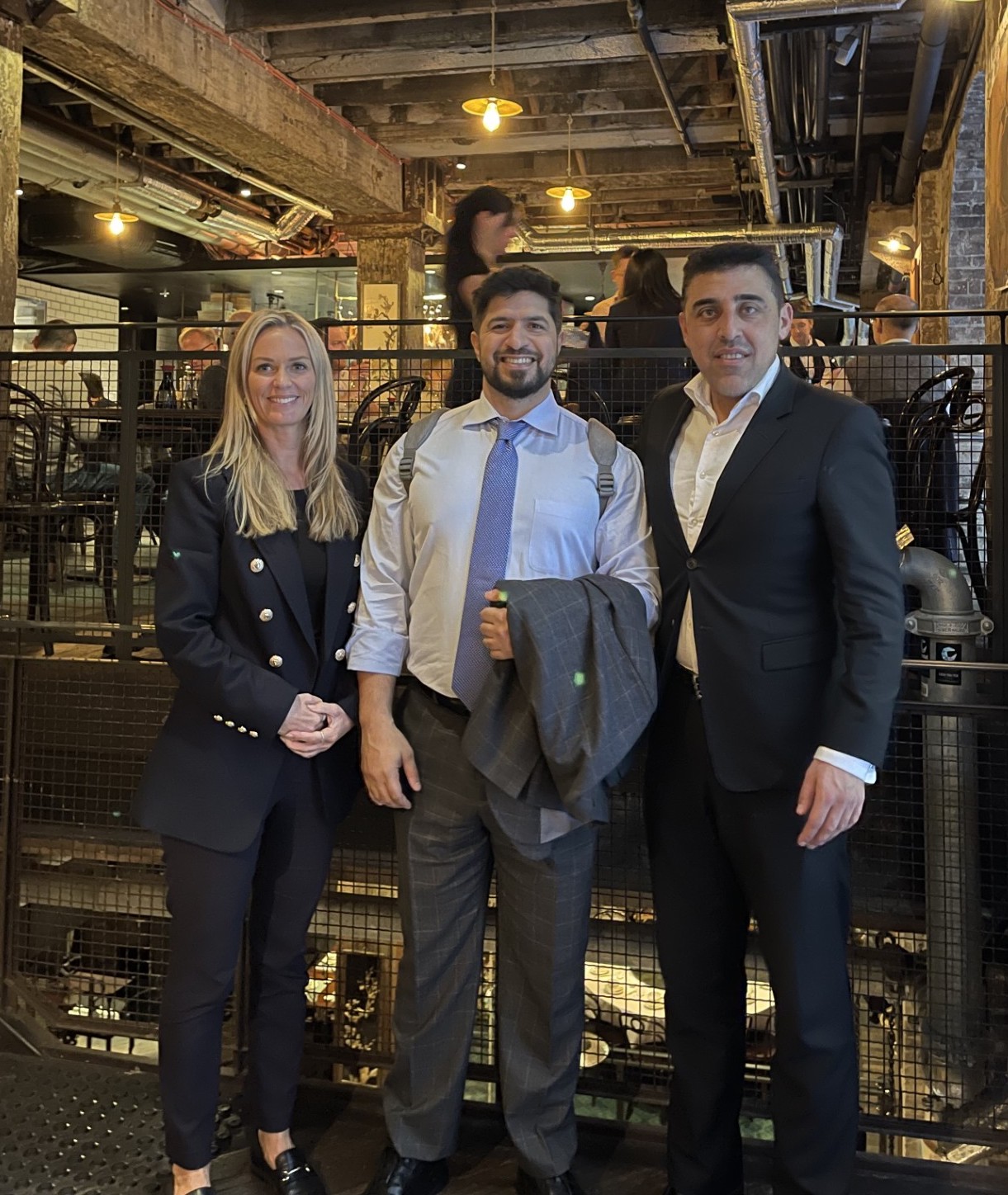
What are the key areas of trade and investment that the Dubai Chamber focuses on between Australia and Dubai?
The UAE is Australia’s largest trade and investment partner in the Middle East, with $9.3 billion in two-way goods and services trade in 2022, making it Australia’s 19th largest trading partner globally. Key Australian exports to the UAE include alumina, meat, oil seeds, and higher education, while UAE investment in Australia totaled $12.6 billion in 2022.
Approximately 300 Australian entities currently operate in the UAE, including 60 in the Jebel Ali Free Zone (JAFZA). Notably, the UAE has been the second top export destination for Australian vegetables for over a decade, with exports reaching $32 million in 2021.
Dubai alone contributes 78% to the total UAE-Australia trade. The UAE presents an opportunity for market diversification for Australian goods exporters, with Australian producers serving as reliable trade and food security partners for the UAE. Additionally, trade in services such as construction, minerals, resources, engineering, education, agribusiness, and health offers further opportunities for both nations.
The Comprehensive Economic Partnership Agreement (CEPA) between Australia and the UAE aims to enhance economic ties by reducing trade barriers, facilitating smoother trade flows, and creating new opportunities for businesses in both countries. The CEPA benefits both nations by promoting increased trade and investment, fostering innovation, and enhancing economic growth. For more detailed information on the CEPA, you can visit the DFAT page.
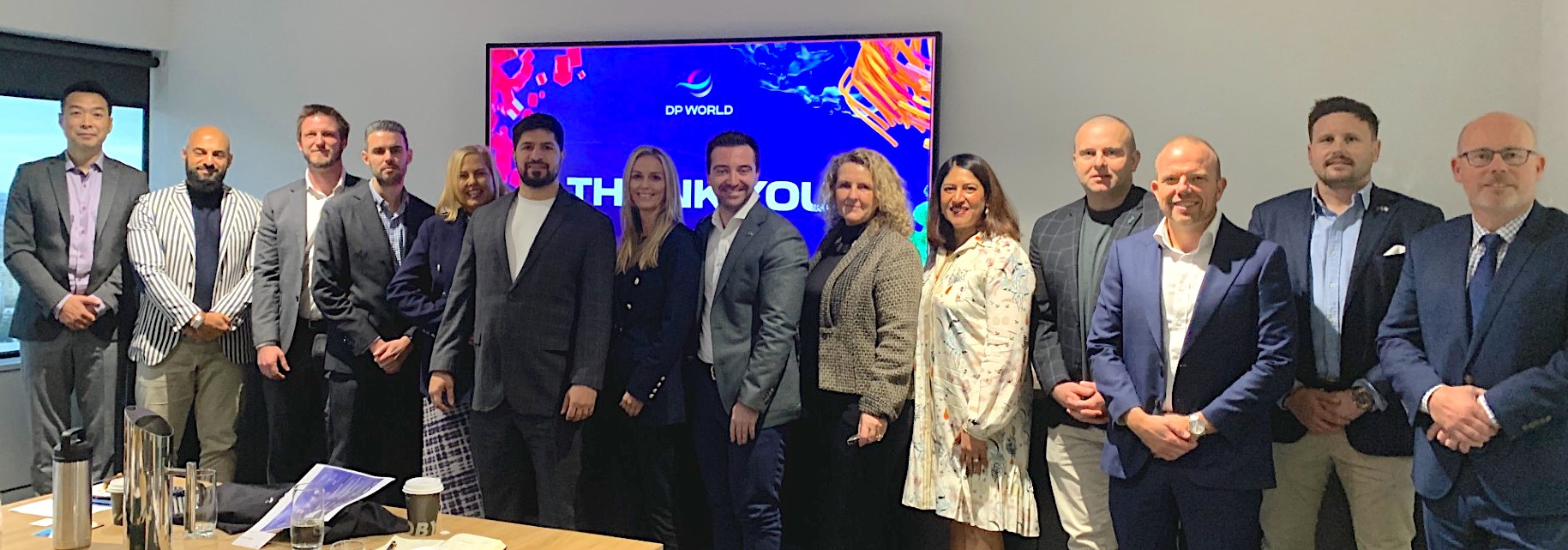
Mr. Marwan AlMarri visited Australia end of May, and it his first business mission to Australia as the Regional Director of Asia & APAC for Dubai Chambers… What were the reasons behind his visit, and what significance does it hold?
The main purpose of this mission was meeting in person with some of the multinational corporations (MNCs) and small and medium-sized enterprises (SMEs) in various stages of their expansion into Dubai. Marwan also met with various government entities responsible for the internationalization of Australian companies, such as Austrade and Investment NSW.
Additionally, he engaged with different business groups like the Australian Arab Chamber of Commerce and Industry and the Australia UAE Business Council. The mission also involved meetings with trade associations in relevant sectors, including the Australian EV Association (AEVA), Electric Mobility Manufacturers of Australia (EMMA), Australian Renewable Energy Agency (ARENA), Australian Energy Council (AEC), and Australian FinTech.
Furthermore, Marwan had the chance to meet with Dubai company DP World operating in Australia, to discuss future collaboration.
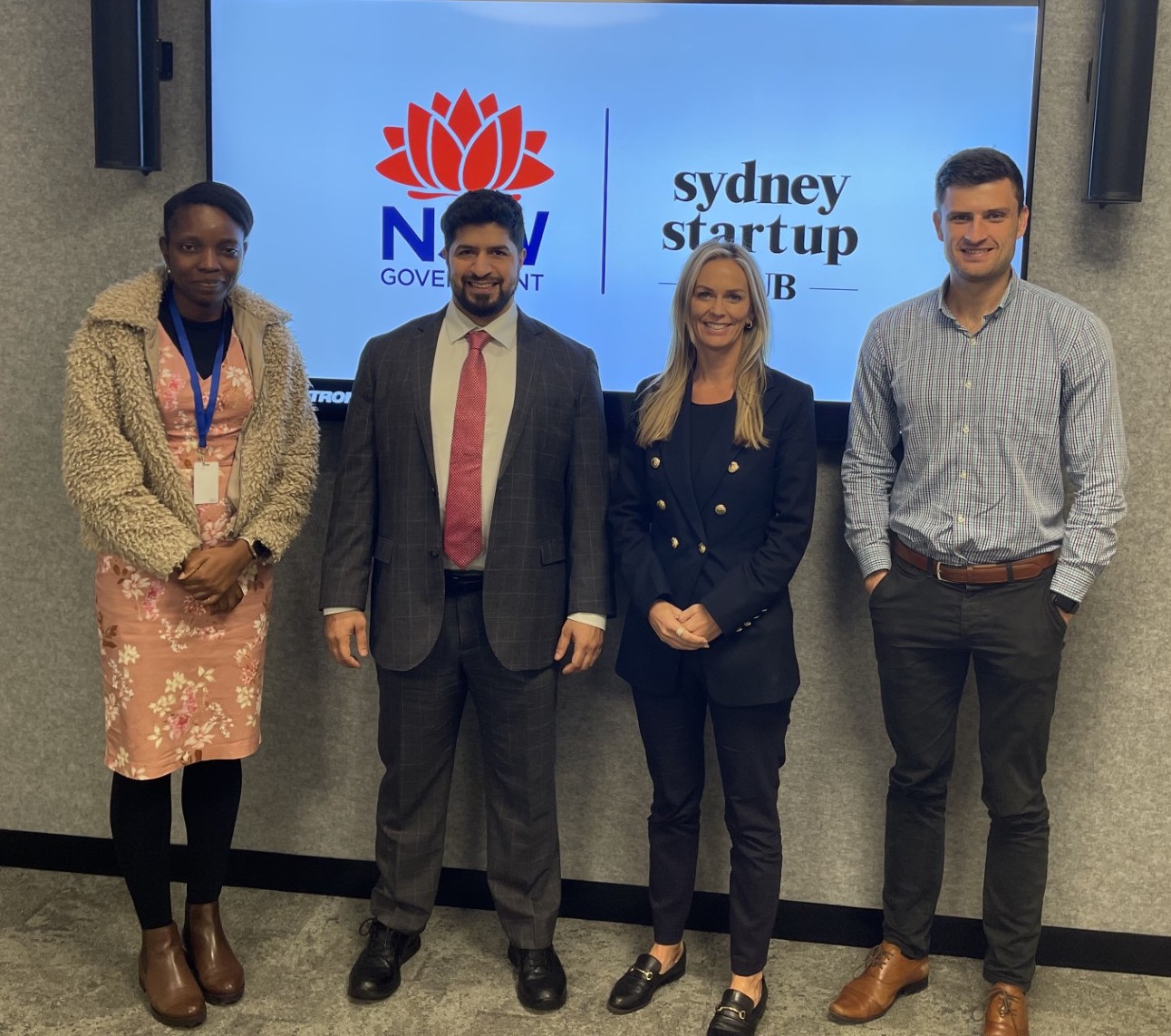
How does this event align with the broader goals and objectives of the Dubai Chamber?
The mission fostered strategic relationships and facilitated business expansion. It included meetings with MNCs and SMEs, government entities, ethnic business groups, and trade associations, which are crucial for the internationalisation of Australian companies. These engagements will help promote Dubai as a business hub and support Australian companies in their expansion into Dubai.
The mission’s aim was to strengthen ties and create opportunities for collaboration, aligning with the Chamber’s key performance indicators (KPIs) of promoting competitiveness and business growth.
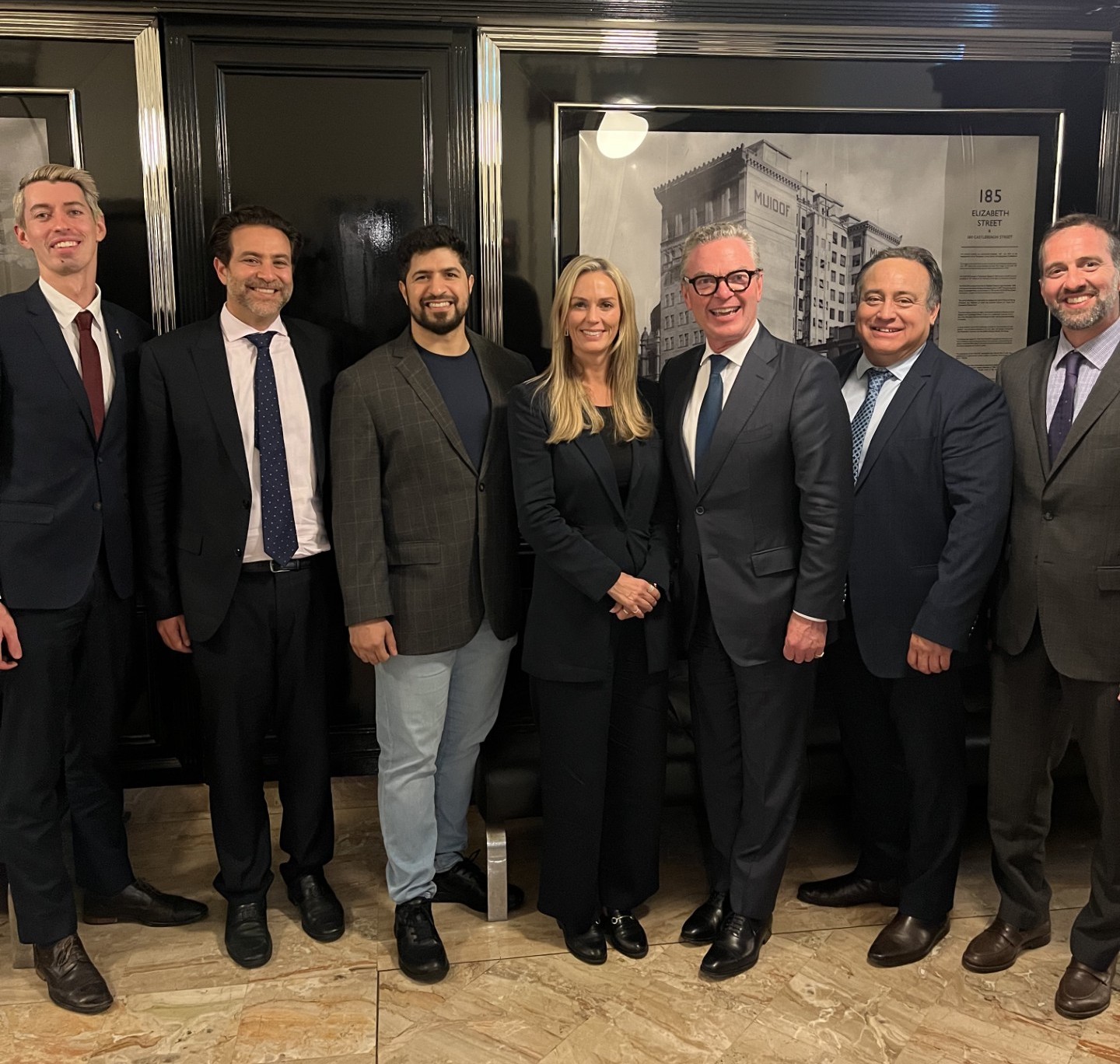
What are the future plans for the Dubai International Chamber in Australia?
Having launched the Dubai International Chamber in Australia a year ago, our current focus is on strengthening the business corridor and enhancing our visibility so that businesses are aware of our presence and how we can support them.
Subsequently, we will extend our efforts towards New Zealand and the Pacific Islands. And we encourage interested parties in these regions to reach out to us now.
Chris Dixon, a partner who led the charge, says he has a ‘very long-term horizon’
Americans now think they need at least $1.25 million for retirement, a 20% increase from a year ago, according to a survey by Northwestern Mutual









